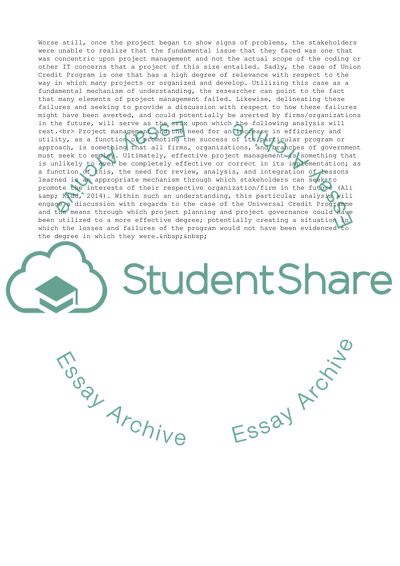Cite this document
(Application of Project Management in Union Credit Program Essay, n.d.)
Application of Project Management in Union Credit Program Essay. Retrieved from https://studentshare.org/management/1811164-project-management-assignment-brief-in-attached-file
Application of Project Management in Union Credit Program Essay. Retrieved from https://studentshare.org/management/1811164-project-management-assignment-brief-in-attached-file
(Application of Project Management in Union Credit Program Essay)
Application of Project Management in Union Credit Program Essay. https://studentshare.org/management/1811164-project-management-assignment-brief-in-attached-file.
Application of Project Management in Union Credit Program Essay. https://studentshare.org/management/1811164-project-management-assignment-brief-in-attached-file.
“Application of Project Management in Union Credit Program Essay”, n.d. https://studentshare.org/management/1811164-project-management-assignment-brief-in-attached-file.


